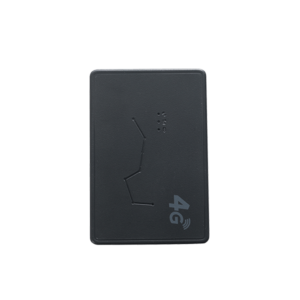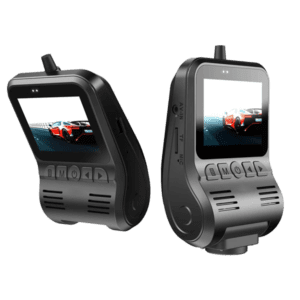Improve Productivity
GPS tracking devices boost fleet productivity significantly. Through a variety of actionable data, businesses can optimize driver output while virtually eliminating any idle time. The ability to streamline interactions between drivers and dispatchers improves the communication loop between the road and the office.
Drivers can plan their routes and receive detailed directions for their entire route using GPS fleet tracking systems. This reduces cell phone use while driving, improving road safety and ensuring that laws are followed. In the event of traffic jams caused by unexpected roadblocks, road closures, or accidents, GPS systems can also recommend alternate routes, increasing driver productivity and improving customer satisfaction through on-time service.
GPS fleet tracking systems enable you to monitor the location and performance of your vehicles at any time and improve fleet vehicle utilization. Your fleet managers will be able to collect and analyze fleet data using IoT sensors in order to reduce vehicle idle time and maximize business revenue.
Through digital time card verification, fleet tracking systems enable you to eliminate billing discrepancies. You can remotely track and monitor your field crew using GPS vehicle tracking systems based on when they start and stop their vehicles. You can also set up automatic email reports to ensure that employees are paid for the hours they work, reducing unnecessary paperwork, simplifying payroll management, and eliminating any irregularities such as overbilling.
Reduce Cost
Fleet monitoring systems can detect when a vehicle deviates from its expected path and immediately notify the appropriate department, increasing the chances of recovery in the event of theft of the vehicle or any equipment inside the vehicle. These systems also provide insight into driver behavior, which encourages fleet drivers to drive more responsibly when operating a company vehicle. This is why insurance companies offer special discounts on vehicles equipped with GPS tracking systems, allowing you to pay up to 30% less in premiums.
Businesses that use fleet tracking systems save a lot of money on gas because of a variety of factors such as better route planning, less idling, better driver behavior, and so on. Fleet tracking data can assist you in identifying the best routes that save both time and money, improving driver productivity and reducing unnecessary fuel costs.
Modern vehicle tracking systems include advanced features such as vehicle diagnostics, fuel level indicators, engine temperature indicators, and so on, which allow you to monitor key aspects of your vehicle’s health. You can also be notified when fleet maintenance, such as oil changes, wheel alignment, or other routine maintenance, is due. By analyzing all of this data, you can eliminate unnecessary vehicle inspections and perform maintenance only when absolutely necessary, saving money and extending the life of your vehicles and parts.
Increase Security
Fleet monitoring systems enable you to define geographic boundaries and receive alerts when a vehicle enters or exits the area. For example, fleet tracking systems allow you to designate predefined safe zones where your drivers can rest. Notifications can also be used to notify customers when a vehicle arrives at their facility or to prevent unauthorized vehicle movement from your facility. You can provide direct assistance and support to your drivers in the event of an incident, improving their safety and ensuring faster response times.
Gain Insight into Vehicle and Driver Behavior
GPS fleet tracking systems keep track of your connected vehicles at all times, and geofencing features notify you when drivers deviate from their predetermined routes. Fleet managers can maximize revenues, improve productivity, and identify the best drivers by analyzing real-time data collected from embedded IoT sensors, giving them more control over fleet performance.
Money is saved by business models that rely on time-saving operational and maintenance costs. However, companies frequently overlook actionable vehicle data that can lead to improved fleet visibility and control. This is where GPS tracking devices come into play.
These solutions combine GPS data and vehicle diagnostics to provide a comprehensive view of fleet performance via a user-friendly software platform. This perspective leads to decisions that can reduce fuel consumption, improve customer satisfaction, increase safety, and stretch company funds.
Track and offer better service to customers
Integrate with your supply chain and logistics applications to retrieve shipment information and send vehicle tracking information. In supply chain management applications, you can also automatically generate incidents and alerts to handle issues like shipment delays and vehicle breakdowns.
You can improve service levels and comply with statutory regulations by using real-time information about the vehicle route and performance. With up-to-date and reliable shipment information, you can also improve customer experience by allowing your fleet to respond to service calls quickly and reach your customers on time.


